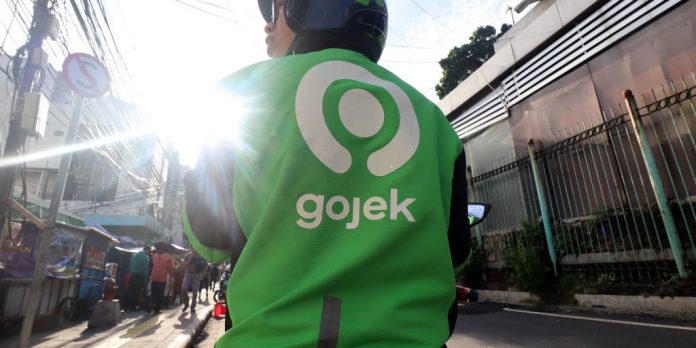BANGKOK – Thailand’s food delivery industry is facing mounting financial pressure as the government urges businesses to cut fees while drivers demand better pay.
The third wave of the COVID-19 pandemic has seen the demand for food deliveries in Thailand soar. According to Euromonitor, the market is expected to grow double-digit every year, from 68.8 billion baht (2.2 billion US dollars) in 2020 to more than 74 billion baht in 2021 and up to 99 billion baht in 2024.
In addition to major foreign players such as Grab, Gojek, Food Panda and LineMan, there are new local players: Robinhood, owned by Thailand’s largest lender, Siam Commercial Bank; and TrueFood, a branch of Thailand’s largest food and agriculture company, CP Group.
However, no one has made a profit yet.
Now the government has stepped in to cap processing fees to protect small and medium-sized restaurants.
“In the near future, we might see mergers of the existing services to cut costs and survive. It’s like other countries,” said an analyst at the Kasikorn Research Center.
Many grocery sellers have resorted to online sales during the COVID-19 pandemic, forcing the government to put it on a partial lockdown. But the high fees charged by grocery suppliers have pushed margins down.
The high fees charged by food delivery companies pushed margins for Thai street vendors and restaurants. (Photo by Akira Kodaka)
“This has affected many small and medium-sized restaurants and street vendors, most of whom have lower incomes … and so the government needs to intervene,” said a senior official from the Department of Commerce’s internal trade.
The Department of Commerce has already urged food delivery companies to work together and cut their commission rate from 30% to 35% – the industry average – to 25% in an effort to provide better margins for grocery sellers. The big players, including Grab and Gojek, could not refuse this request.
“To cut expenses for our dealers, Gojek is cutting commission fees throughout June without capping the number of orders per month,” Gojek said in a statement. Other companies have also followed suit.
The longer-than-expected third wave of COVID-19 means the government wants grocery suppliers to keep their lower fees until the end of the year, a senior Commerce Department official said.
In response to the lower fees, grocery suppliers have tried to survive by lowering the fees paid to delivery staff by around 20-30%. This has caused anger among drivers, who claim their earnings have dropped by up to 50% to just around 500 baht ($ 16) a day.
“This is completely unfair and so we have to protest,” said Anukul Ratkula, a 30-year-old LineMan rider who has joined the Freedom Riders Union, which connects around 300 riders from food delivery services across the country.
Anukul said the protests ranged from dozens of drivers who had gathered in major cities demanding higher payments for strikes. Personnel payments are the largest expense for food delivery services.
“You can’t reduce the number of drivers … because there is no driver, no business. So what they can do for now is run more promotions to attract consumers and create economies of scale to offset rising costs, ”said an analyst with Asia Plus Securities.
With increased competition and rising costs, Grab, Gojek, Food Panda and LineMan had a combined loss of more than 4 billion baht in 2019, according to the Department of Business Development.
The food delivery industry in Thailand is a promising market, but operators will continue to face an uphill battle as margins remain low and sales high.

